
The Darkness' Justin Hawkins: the 10 records that changed my life
"As a rock ‘n’ roll frontman, it's my responsibility to delight, beguile and inform," says Justin Hawkins, guitarist and lead singer for The Darkness. And to back up that last point, he expounds on the song Barbarian, from the band's forthcoming new album, Last Of Our Kind (due out June 1).
“It all pertains to the region of England where we grew up," Hawkins explains. "There’s a town called Bury St. Edmunds – it’s literally where Edmund the Martyr, who was King Edmund of Anglia, is buried. A bit of him is buried there. Everybody thinks that the Vikings did all this of raping and pillaging – well, it sort’ve started like that, but it was really a diplomatic exercise. King Edmund tried to accommodate them as immigrants. He gave them a little bit of land and some horses. For a year or so, it was quite peaceful, but then they grew in numbers and tried to take everything. There were four kingdoms in England in those days – Anglia, Mercia, Kent and the northern regions – and they just plowed through the lot of it. Some serious killing. The kind of stuff good rock songs are made of."
Last Of Our Kind features the drum work of Emily Dolan Davis, who was to be the permanent replacement for The Darkness' original drummer, Ed Graham (he left the once before in 2008, rejoined and left again last year). Of Davis, who left the band amicably this past week, Hawkins gives her high marks.
“She’s amazing," he raves. "Having her in the studio took all the pain out of that part of the process. None of The Darkness records have ever had straightforward tempos all the way through; the tempos were always mapped from the best performances. With Emily, it was ‘Get her to play the song, play along with her, listen to it and know that it’s good.’ No click, either. She’s fucking awesome."
Guitarist Dan Hawkins, Justin's brother, produced Last of Our Kind and recorded the album at his Leeders Farm studio in Norfolk, England. According to Justin, the group turned down a healthy amount of live work in order to focus on the record. “The quality filter can be compromised when you’re trying to do too much at the same time," he says. "We didn’t want to be governed by anything other than making a great record. That doesn’t mean we were going to overproduce the record; there isn't any kind of extraneous bits on it. We simply wanted the writing and recording to be spot-on right, and it is."
Last Of Our Kind can be pre-ordered at iTunes and Amazon. On the following pages, Justin Hawkins runs down the 10 records that changed his life.
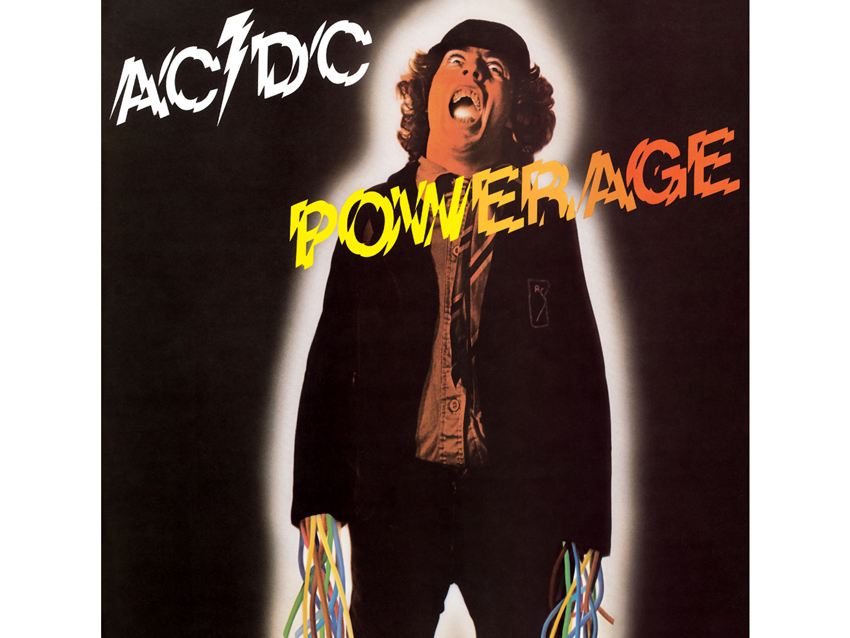
AC/DC - Powerage (1978)
“Throughout the Brian Johnson years, AC/DC have been brilliant. Once you dig back a bit deeper and get into the Bon Scott stuff, though, it’s really exhilarating. That’s my favorite period, actually. It’s dirty and rude and has such an earnestness to it.
“If you ask most guitar players what their favorite AC/DC song is, it would probably be Down Payment Blues, because it’s about being poor and having nothing but still rocking. Everybody’s who’s done their time on the toilet circuit can appreciate that. It’s a beautiful sentiment, and I think people who go on those singing competitions should have a think about it – carefully.”
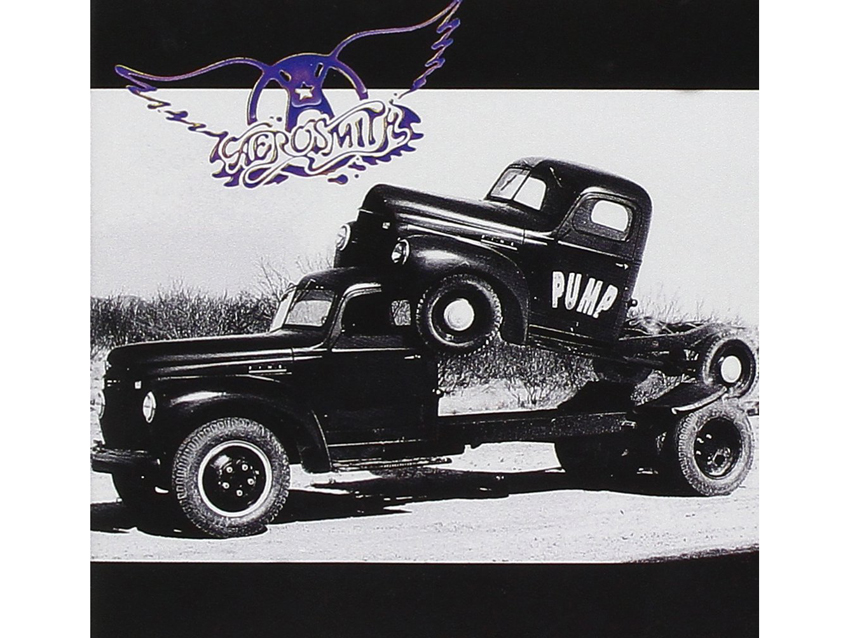
Aerosmith - Pump (1989)
“I think it’s a really inspiration work because it shows that your best music doesn’t always have to come during your early years. In the music industry of today, if you don’t get it right on your first album, you’re fucked. Imagine being Aerosmith, where your first few albums were fantastic and then you had some that weren’t, and then you split up, got back together, the whole thing. Who would have thought they could come back with anything this strong?
“Their resurgence is pretty remarkable, starting with the collaboration with Run-DMC and then moving on to Permanent Vacation, which is a great record. Pump is even better, though. It’s sort of the validation that the comeback is real, that it wasn’t just a flash in the pan. It’s Lazarus stuff.
“This record came out when I was about 14 years old, and it really put things into perspective for me. It made me clearly know what I had to do in life.”
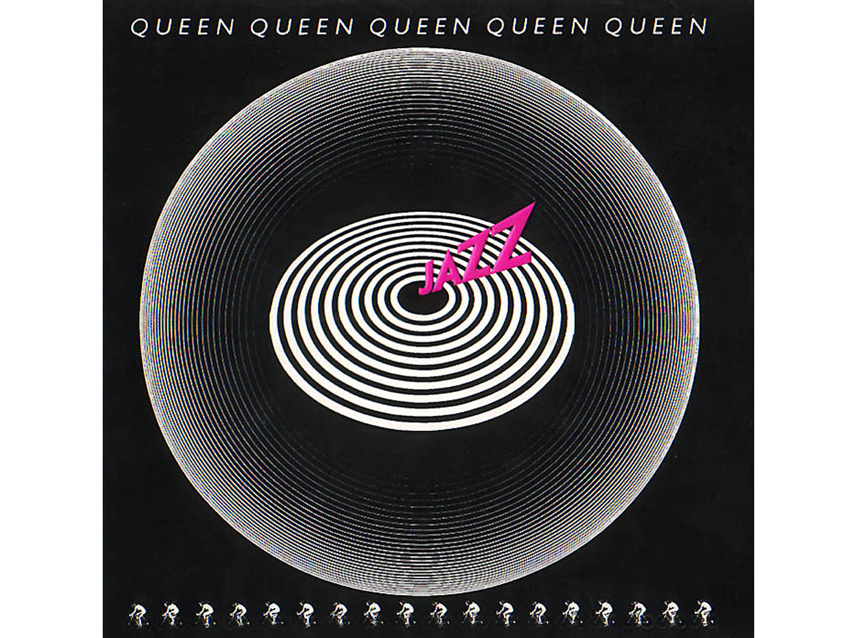
Queen - Jazz (1978)
“I love A Night At The Opera, News Of The World and Sheer Heart Attack – such a great body of work there. But hey, Jazz had that poster of all the naked ladies on the bicycles, so we can start with that. My father would listen to this record, and I would stare at the poster, not because of the nudity, but because it was surreal.
“Mustapha is amazing, and so is Fat Bottomed Girls – the full version, not the one on the Greatest Hits; this is the one with the big drum fill in the middle of it. Astounding. The album is so diverse, but it’s cohesive. It’s one of their best, I’d say.”
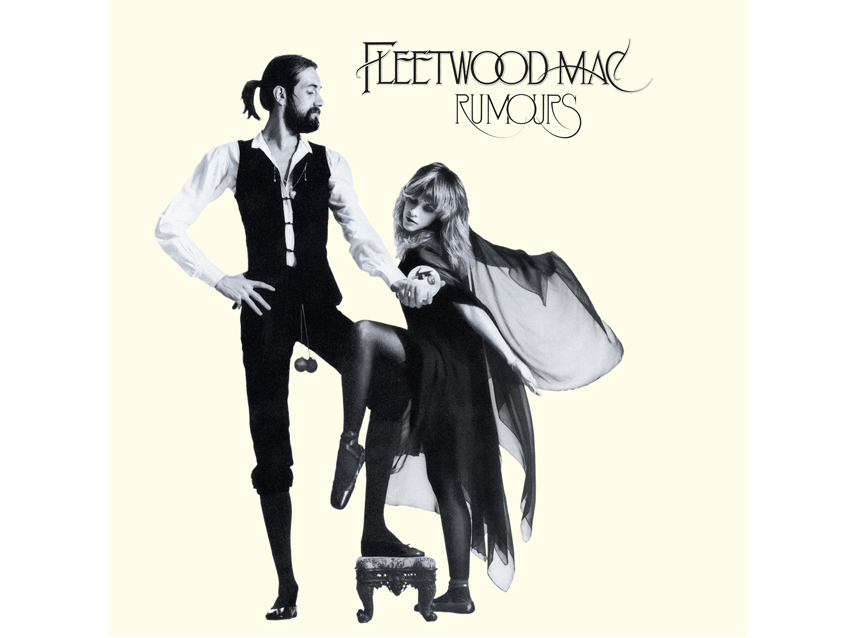
Fleetwood Mac - Rumours (1977)
“There’s something bluesy, folky, country and pop about it. It’s got everything, and it’s sort of seamless. You can listen to the record and just get into the great songs and melodies, or you can dive in and immerse yourself in the themes and the storylines of relationships. It’s a record that ages well – as you grow up, you really understand the trials and tribulations of what pulls people apart.
“The band was making this album while they were all breaking up as couples, which is incredible – imagine recording a work of art with great songs while your whole world is crumbling around you. It’s a timeless record, and I’ve listened to it throughout my life.”
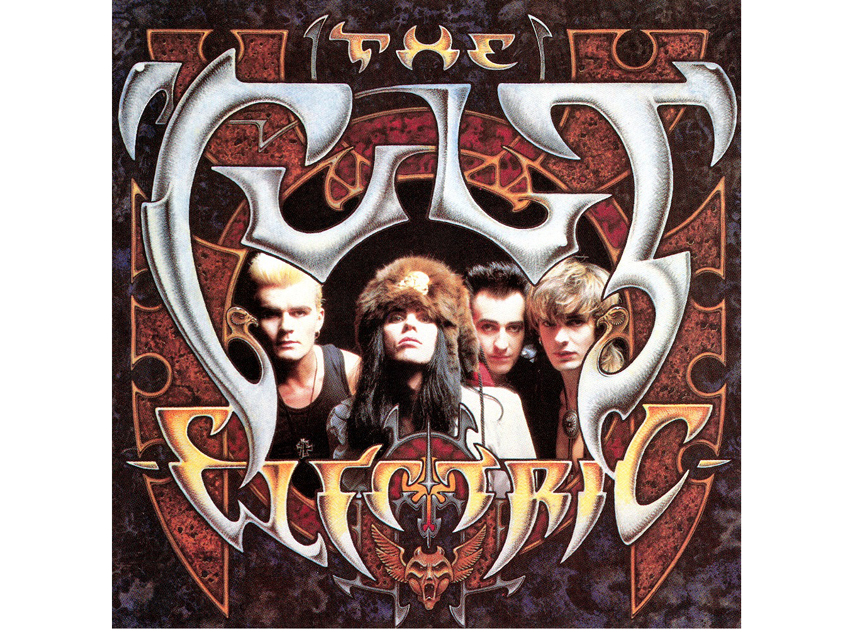
The Cult - Electric (1987)
“I love all periods of The Cult – the goth-rock stuff and the dreamy stuff – but when Rick Rubin got with the band and insisted that they strip away the layers and make sort of an AC/DC-type record, they really stepped things up. This wasn’t always the plan – they were originally recording these songs in more of a ‘Love’-like manner. I imagine this was a real challenge for Billy Duffy.
“This was my introduction to the band, really. I was in a group and we did a cover of Lil’ Devil. From that moment on, I was into The Cult, so I worked my way backwards. Electric has always stayed with me. A very hot record.”
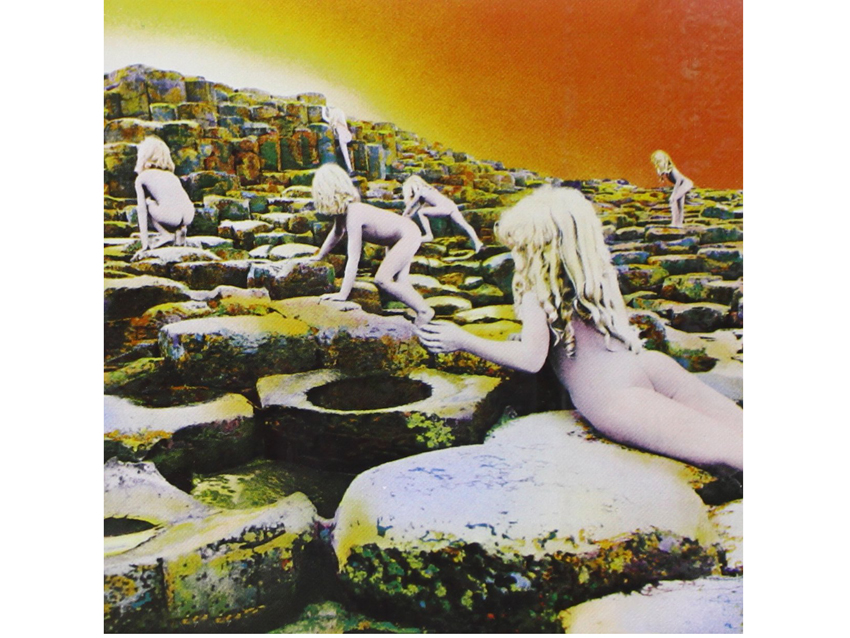
Led Zeppelin - Houses Of The Holy (1973)
“You have to put a Led Zeppelin record on a list like this, right? I could name a lot of albums, but Houses Of The Holy has The Ocean on it, and that might be my favorite Zeppelin tune. The drop-beat is incredible. I heard somebody do a rap version of it, when it becomes more of a straight beat, and it makes you realize how important those omissions are.
“The record has some of Zeppelin’s most protean-based songwriting, but it’s all framed in a less-is-more manner of playing. And the 12-string work by Page is top-notch. It’s sort of a transitional record, but it’s no less fascinating than any of their other works. Pretty brilliant stuff.”
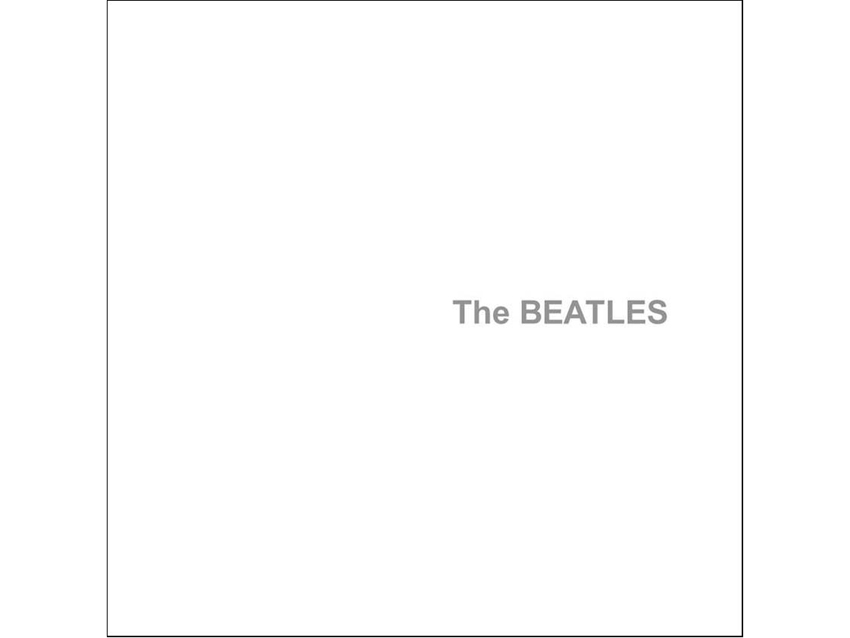
The Beatles - The Beatles (1968)
“It’s an obvious one, isn’t it? I don’t know how you can deny it. The whole bit about Helter Skelter is fascinating to me. You listen to it and think, ‘How in the world could this have inspired Charles Manson to try and start a race war, sparking all of these killings and what not?’ Complete madness.
“There’s so much stuff on this album, so many moods and genres and approaches to playing. Funnily enough, it's actually a great album to work out to. I’ve done a half-marathon while listening to it. The music is so brilliant and involving that you forget you’re running. The music just pulls you in.”
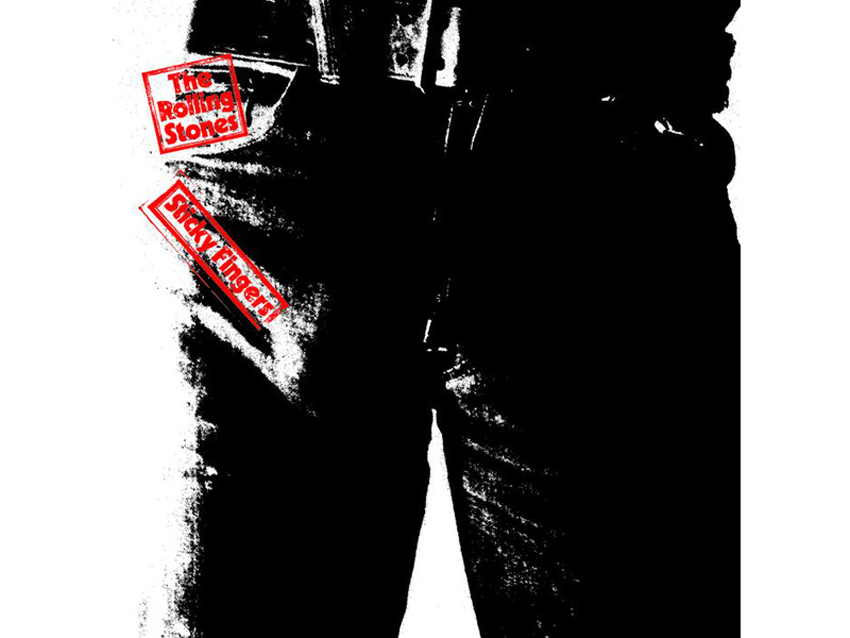
The Rolling Stones - Sticky Fingers (1971)
“I could easily say Exile On Main St and have been quite happy about it. It’s a tough choice, but I’ll go with Sticky Fingers because it’s got Can’t You Hear Me Knocking? – one of my absolute favorites. I never get tired of it.
“Actually, if we’re talking ‘life-changing’ or 'things I’ll always remember,’ I recall listening to the song when we were in Costa Rica, driving away from a semi-active volcano. If you’re driving away from something like that during a sunset in this luscious, coffee-producing region of the world, the sound of Can’t You Hear Me Knocking? makes a sort of profound impression on you. I recommend that experience.”
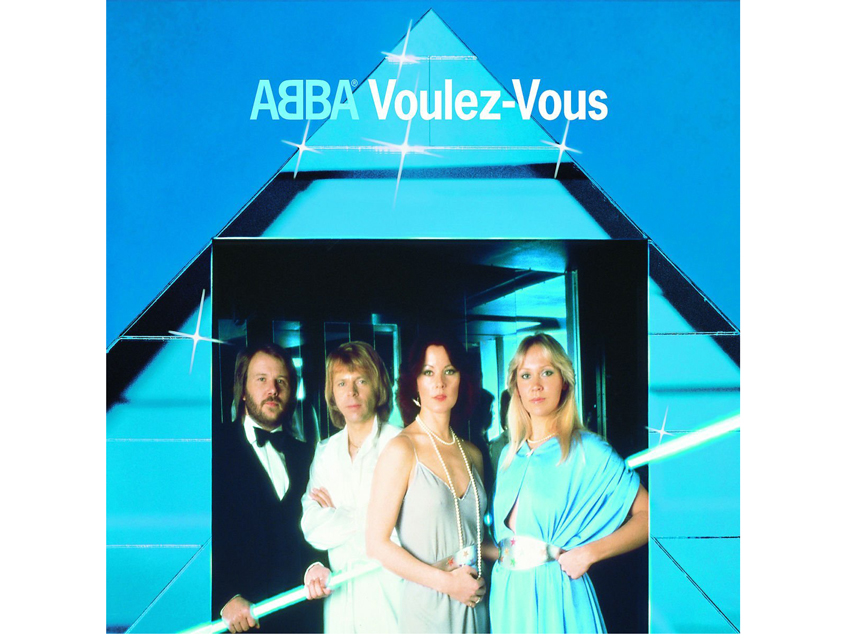
ABBA - Voulez-Vous (1979)
“I’m tempted to say Arrival, because I used to stare at the album cover as a kid, but Voulez-Vous was sort of my introduction to proper French. The arrangements on the record are great, and Does Your Mother Know is a fantastic rock song. That riff could have easily been on a T. Rex record.
“They were a little ahead of the curve. This record is right before a lot of people started combining disco and rock, and I think ABBA did it rather inadvertently. Beautiful songs, incredible production. Anybody who puts down ABBA is just plain mad. The songs are light and bouncy, but if you listen to the lyrics, there’s a lot of sadness there. Pretty interesting.”
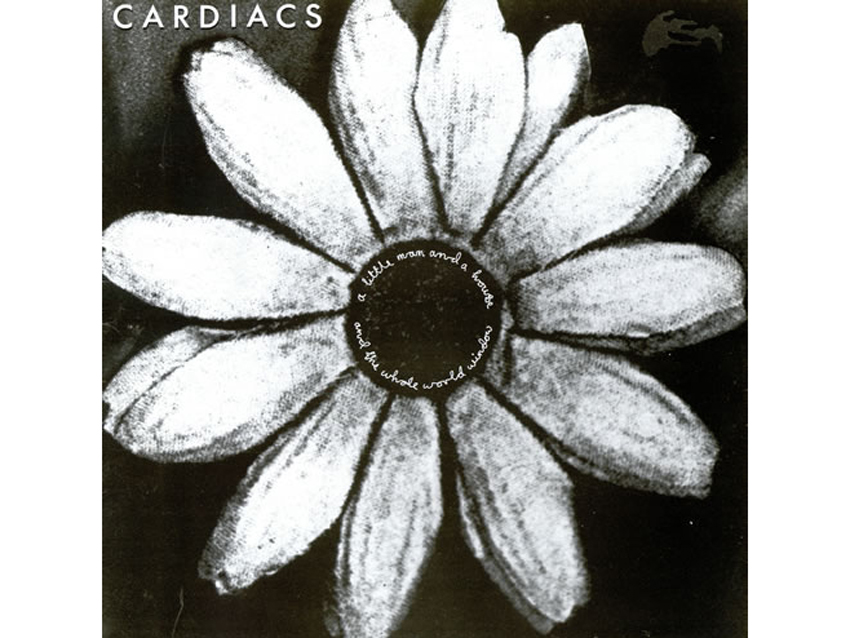
Cardiacs - A Little Man And A House And The Whole World Window (1988)
“This has two songs – R.E.S. and Is This The Life? – that are at the two ends of the progressive spectrum. They’re just not quite right in the right way. All the videos they made during this period were really inspiring. They must’ve cost next to nothing, but you just can’t stop looking at them. Very surreal and disturbing.
“R.E.S. is something that you have to listen to in order to believe it. You can’t understand how something like this could even exist. Is This The Life? is the only one not written by the singer, and it’s a sprawling goth epic, completely different from anything else they’ve done before or since. It’s a classic. If you’re into The Cult or The Cure, you should check it out.
“This album made me realize that you don’t have to fit in with anything that anybody else is doing, and if you really want to make a statement, you need to have your own identity. A very important band and album to me.”
Joe is a freelance journalist who has, over the past few decades, interviewed hundreds of guitarists for Guitar World, Guitar Player, MusicRadar and Classic Rock. He is also a former editor of Guitar World, contributing writer for Guitar Aficionado and VP of A&R for Island Records. He’s an enthusiastic guitarist, but he’s nowhere near the likes of the people he interviews. Surprisingly, his skills are more suited to the drums. If you need a drummer for your Beatles tribute band, look him up.
